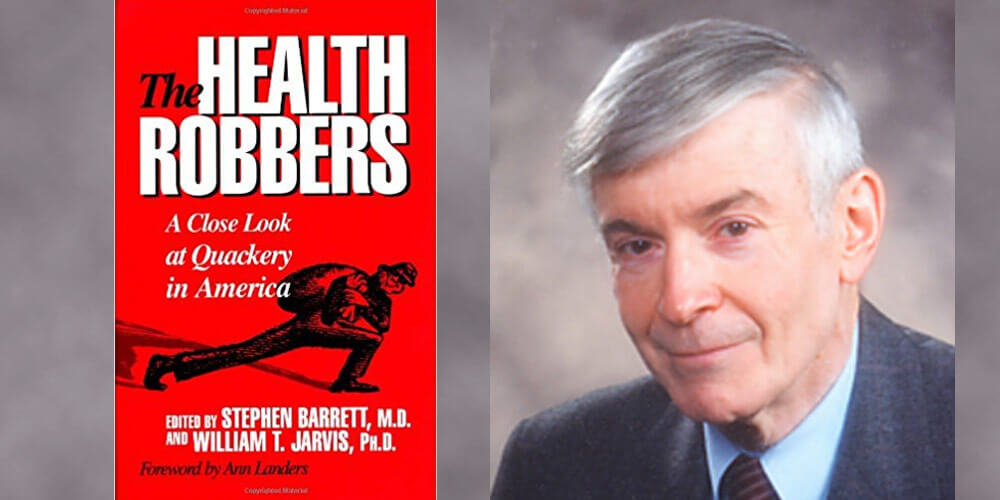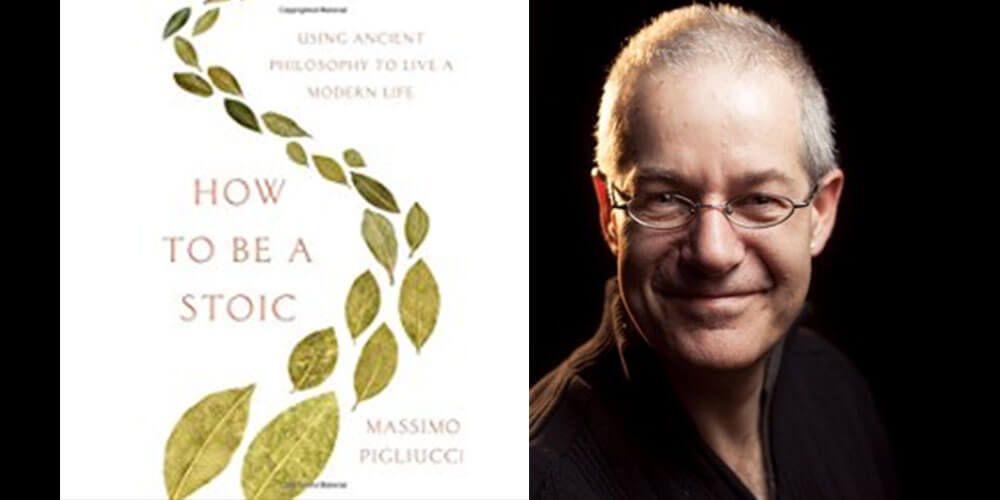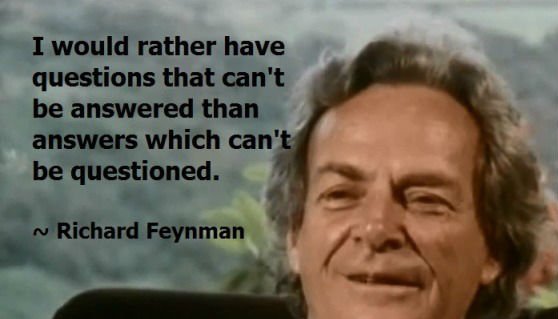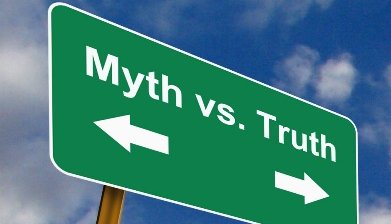Tag: pseudoscience

How to Spot Quackery! Chiropractic, Vitamins, Chelation, Homeopathy, and Other Health Frauds
Listen to our podcast on chelation, chiropractic, prescription drug pricing, tobacco, ephedra, vitamins, homeopathy, kinesiology, and more! Quackery, the promotion of fraudulent or ignorant medical practices, is all around us – often preying on the gullible. Some quackery is harmless, but some causes direct harm, and some causes indirect harm (such as when used as […]
Read More
Learning Styles, Neurobabble, and Other Psychological Myths with Scott Lilienfeld
Listen to our podcast on psychological myths, neuroscience, and mental illness I first became aware of today’s guest as I was writing a book on business change, which led me to make a list of change myths. While I was at it, I also looked at psychological myths. After all, change involves changing people, which is […]
Read More
Stoicism, Atheism, Pseudoscience, Scientism with Massimo Pigliucci
Listen to our podcast on scientism, atheism, pseudoscience, and stoicism Pseudoscience How do you make the claim that astronomy is a science, yet astrology a pseudoscience? Why is homeopathy pseudoscience? This is called the “demarcation problem” first concisely stated by Karl Popper in the 1950’s. More importantly, why should we care? Why can’t philosophers and scientists […]
Read More
Are Neuroscience and Evolutionary Biology Useful Guides for 21st Century Humans? With Bob Samuels
Listen to the Full Episode: Welcome, everyone, to this edition of THINK BIGGER, THINK BETTER. In this episode, we talk to Bob Samuels – a true polymath, psychologist, philosopher, and social scientist from the University of California, Santa Barbara where he teaches Public Discourse, Psychology, and Rhetoric. We discuss the importance of reason and how […]
Read More
Is Change Management Science? Is Leadership? Should They Be?
I’m often asked whether change management is scientific, or whether it is pure craft? One of my main worries is about pseudoscience in society, and the business world is rife with it. Can much be done? This is an excerpt from The Science of Organizational Change – the chapter references are from that book. (You […]
Read More
Is pop psychology bad for business?
In my upcoming book, I present some ideas that risk being controversial. They relate to leading change, and whether the “pop psychology” that circulates in the change and leadership worlds is harmful, or helpful, to understanding and leading people. I also introduce the idea of “pop leadership”, soundbite style leadership wisdom, and ask whether that […]
Read More
Top 20 Change Management Myths
Why does change fail? With change failure rates hovering around 50% (according to the most recent surveys from McKinsey and IBM), we must wonder why. In The Science of Successful Organizational Change, I try to challenge some of the orthodox beliefs about change – for example, that metaphors such as “freezing” and “unfreezing” are apt, […]
Read More